Narrative Writing
Overview
The use of scenes and characters, sustained suspense, and voice are some of the features of narrative writing, whether for magazines, newspapers, online outlets, mixed media projects, or multimedia packages. Reporting for narrative is a craft unto itself, requiring detailed observation, rich description, in-depth interviewing, and critical thinking--skills all of our writing courses nurture.
- Combining lecture courses, seminars, workshop critiques and individual mentoring, the program provides an intense, hands-on approach to developing and refining student work.
- Students choose whether to focus on feature and enterprise writing, stories driven by investigative reporting, or long-form writing.
- In addition to core writing courses, the school offers a changing array of additional topical and specialized courses, such as political reporting, opinion writing, conflict reporting, international reporting, arts and culture writing, and personal essay writing.
One of the most respected writing programs in the country offering robust publishing opportunities and top-tier internships alongside specialized training in investigative reporting, science reporting and editing.
Narrative Writing
Featured Student and Alumni Work
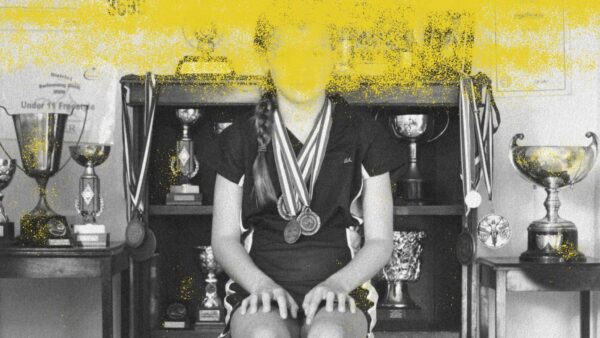
Is High School Running in Need of a Reckoning?
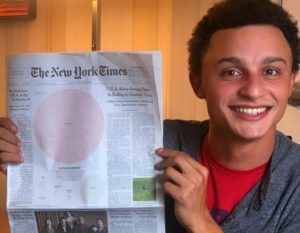
They’re Children at Risk of Abuse, and Their Caseworkers Are Stuck Home
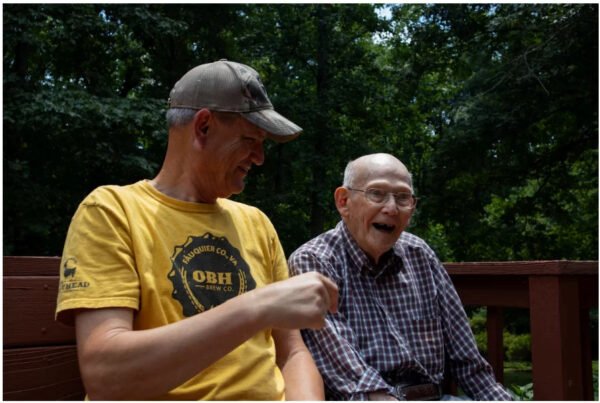
To help older veterans, a Virginia group gives each a ‘battle buddy’
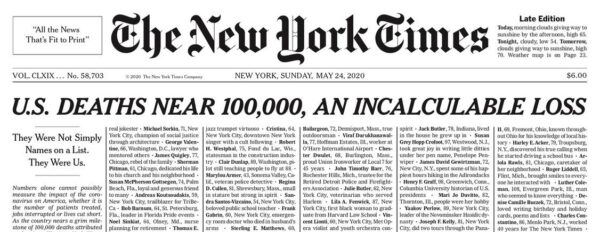
U.S. deaths near 100,000, an incalculable loss
Barbara Harvey (’20), Alex Matthews (’20) and Yuriria Ávila (’21) helped to compile “U.S. Deaths Near 100,000, An Incalculable Loss,” a stunning, historic 1A without images—instead with passages from newspaper obituaries across the country—to convey the vastness and variety of lives lost to Covid-19. The project won a Pulitzer Prize.

Narrative Writing
Instructors
Exceptional, hands-on education from experts.
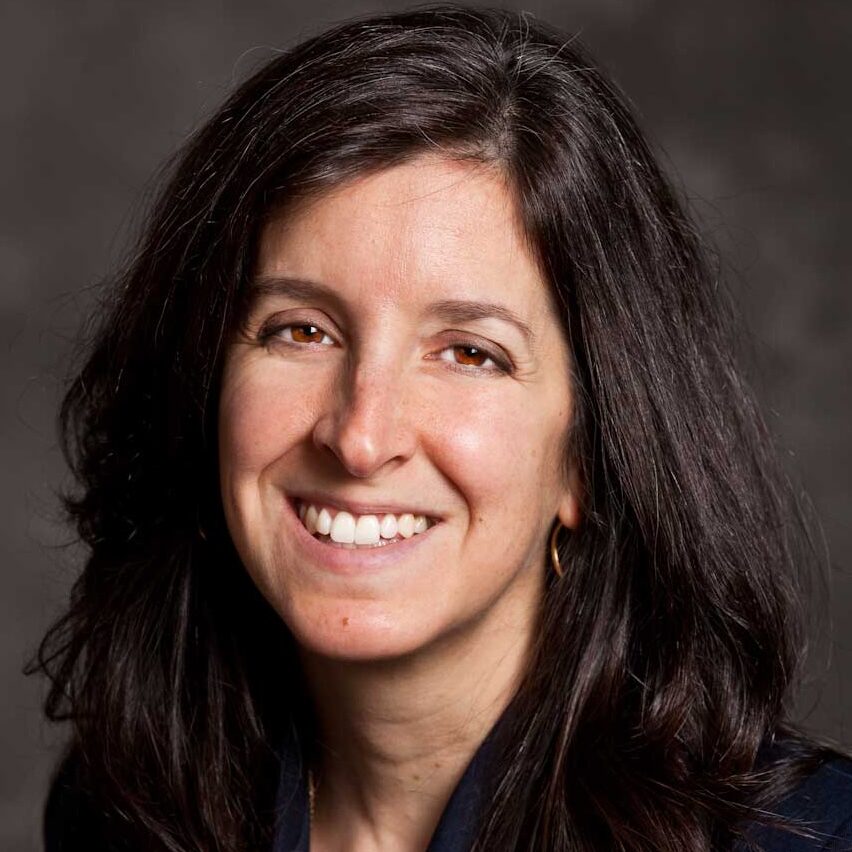
Professor and Track Lead
Elena Conis
Elena Conis is a professor of journalism and history and served as Acting/Interim Dean of Journalism in academic year 2024-25. Prior to joining the Berkeley faculty in 2016, she was a professor of history and the Mellon Fellow in Health and Humanities at Emory University; the Cain Fellow at the Science History Institute; and an award-winning health columnist for the Los Angeles Times. A historian of medicine, health, and the environment, she is the author of Vaccine Nation: America’s Changing Relationship with Immunization (Arthur Viseltear Award 2015); How to Sell a Poison: The Rise, Fall, and Toxic Return of DDT (William Welch Medal 2024 and National Association of Science Writers Book Award finalist 2023); and, with Aimee Medeiros and Sandra Eder, Pink & Blue: Gender, Culture, and the Health of Children. She is currently working on a book on the global history of measles. She holds a PhD in history of medicine from UCSF; masters degrees in journalism and public health from Berkeley; and a bachelors degree in biology from Columbia University. For more information, please visit www.elenaconis.com.
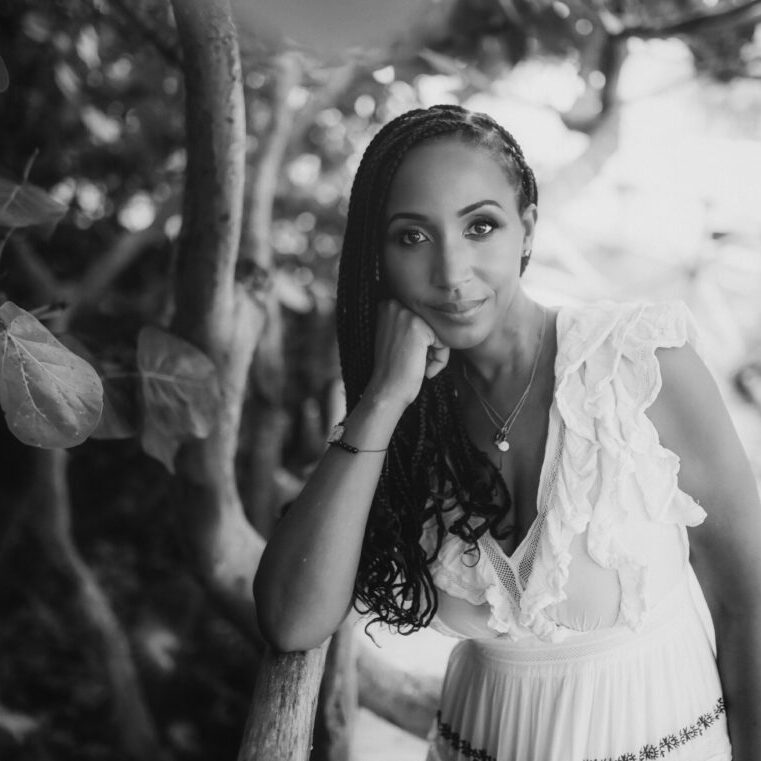
Assistant Professor
Lisa Armstrong
Lisa Armstrong is an award-winning journalist with credits in The Intercept, The Daily Beast, Rolling Stone, Mother Jones, The New Yorker, and other outlets. She has reported from several countries, including Sierra Leone, Kenya, and the Philippines. From 2010 to 2014, she reported from Haiti through grants from The Pulitzer Center on Crisis Reporting and NYU. She has been featured on NPR and the BBC, discussing rape in the camps in Haiti and HIV/AIDS in the aftermath of the earthquake. Armstrong received the National Press Club’s Joan Friedenberg Award for Online Journalism and an award for investigative reporting for an article about African American women who were sterilized by the state of North Carolina. She is currently reporting on incarceration and has had grants from Type Investigations, The Carter Center and the Fund for Investigative Journalism/Schuster Institute for Investigative Journalism to support her work. Armstrong also directed a documentary about a young man who was incarcerated in an adult prison when he was 16. The film, “Little Boy Lost,” was paired with live music and spoken word poetry as narration, featured at SXSW 2018. Before coming to UC Berkeley, Armstrong was an associate professor at the Craig Newmark Graduate School of Journalism, where she taught for 12 years.
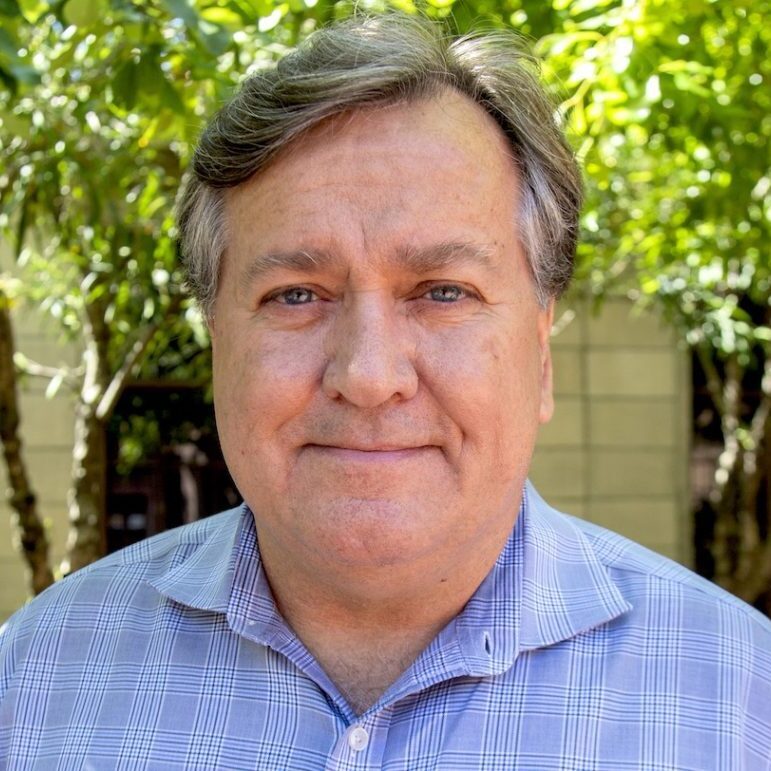
Reva and David Logan Distinguished Chair in Investigative Journalism
David Barstow
David Barstow, chair of the Investigative Reporting Program, is the first reporter in American history to win four Pulitzer Prizes. He earned these honors over a span of 20 years while working for the investigative unit at The New York Times. Barstow is also the recipient of four Polk Awards, the Goldsmith Prize, the Alfred I. duPont Silver Baton, the Barlett and Steele Gold Medal, a Loeb Award, the Sidney Hillman Award, the Daniel Pearl Award for Investigative Reporting, two Sigma Delta Chi awards for distinguished service, the Peabody Award, the IRE Award, the Mirror Award, an Overseas Press Club Citation, two SABEW awards and the Gold Keyboard. Before joining The New York Times in 1999, Barstow was a reporter for The St. Petersburg Times in Florida, where he was a finalist for Pulitzer Prizes three times. The Medill School of Journalism at Northwestern University inducted Barstow into its Hall of Achievement in 2015. In 2019 Barstow became the Reva and David Logan Distinguished Chair in Investigative Journalism at Berkeley Journalism, where he leads a storied program founded by Lowell Bergman dedicated to grooming future generations of investigative reporters by enlisting them in ambitious investigative projects. In his first five years at Berkeley, Barstow’s students have been published more than 200 times.
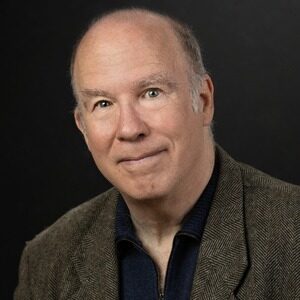
Professor
Mark Danner
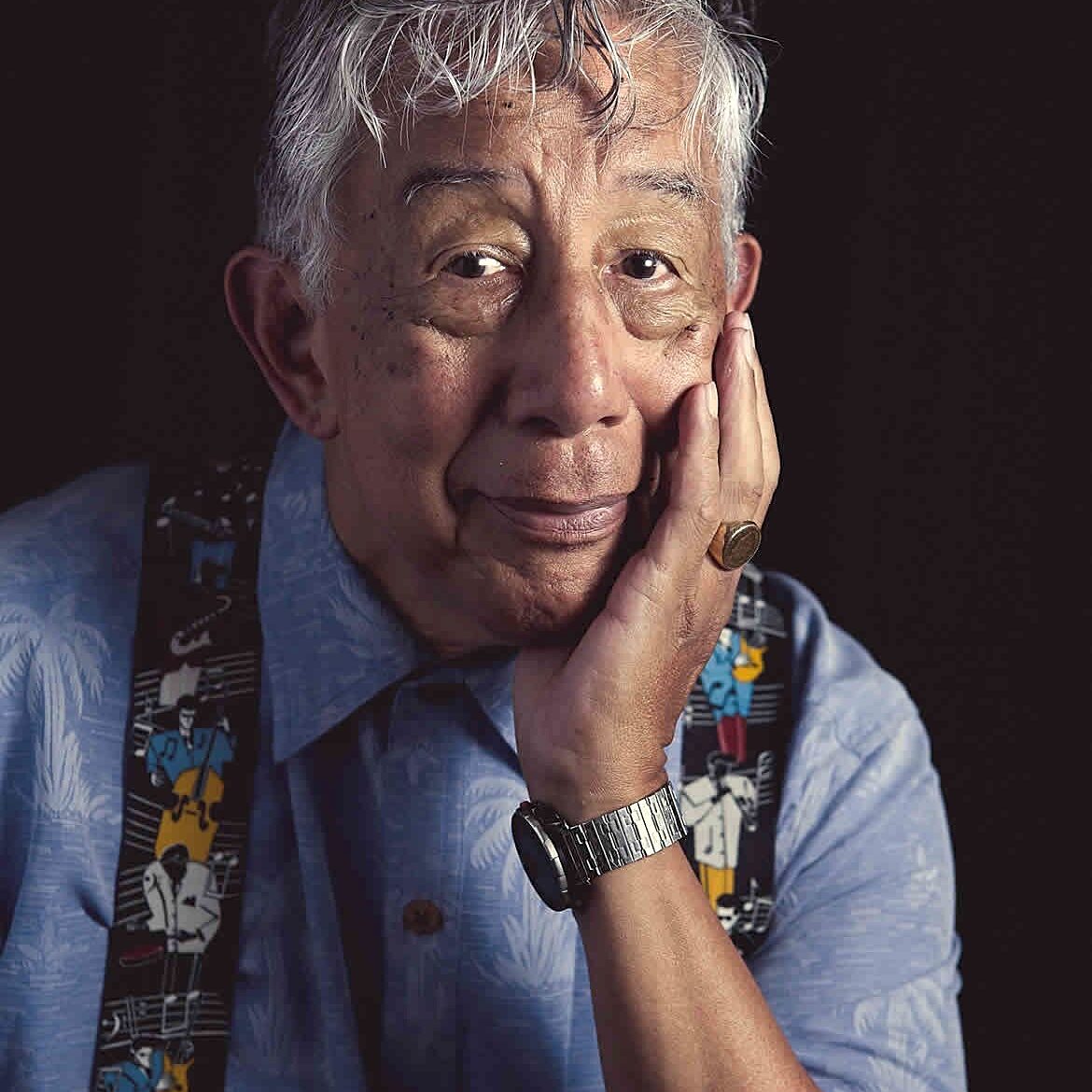
Professor
Bill Drummond
William J. Drummond’s career includes stints at The (Louisville) Courier-Journal, where he covered the civil rights movement, and the Los Angeles Times, where he was a local reporter, then bureau chief in New Delhi and Jerusalem and later a Washington correspondent. Drummond was appointed a White House Fellow in 1976 by President Gerald R. Ford, worked briefly for Secretary of State Henry Kissinger and eventually became associate press secretary to President Jimmy Carter. In 1977 he joined NPR and became the founding editor of Morning Edition. In his journalism career, he interviewed such varied personalities as Dr. Martin Luther King, singer Johnny Mathis and Mother Teresa, who founded the Sisters of Charity in Calcutta. He joined the Berkeley faculty in July, 1983. During more than 40 years on the Berkeley faculty, Drummond has been a leader and defender of faculty independence and governance. He is the first African-American to have ever held the post of Chair of UC Berkeley’s Academic Senate. In addition to teaching students at UC Berkeley, Drummond has taught under auspices of the Prison University Project for dozens of inmates at San Quentin Prison.
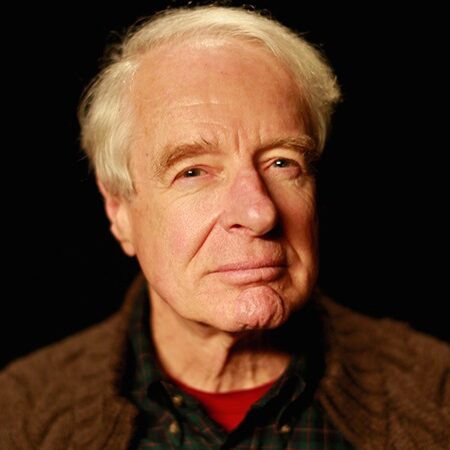
Continuing Lecturer
Adam Hochschild
Adam Hochschild (pronunciation: ”Hoch” as in ”spoke”; ”schild” as in ”build”) is the author of eleven books. American Midnight: The Great War, a Violent Peace, and Democracy’s Forgotten Crisis is his most recent. His preceding book, the biography Rebel Cinderella: From Rags to Riches to Radical, the Epic Journey of Rose Pastor Stokes, was published in 2020. Spain in Our Hearts: Americans in the Spanish Civil War, 1936-1939, appeared in 2016. Of his earlier books, Bury the Chains: Prophets and Rebels in the Fight to Free an Empire’s Slaves won the Los Angeles Times Book Prize, the PEN USA Literary Award, and was a finalist for the National Book Award. King Leopold’s Ghost: A Story of Greed, Terror and Heroism in Colonial Africa and To End All Wars: A Story of Loyalty and Rebellion, 1914-1918 were both finalists for the National Book Critics Circle Award. His Finding the Trapdoor: Essays, Portraits, Travels and the recent Lessons from a Dark Time and Other Essays collect his shorter pieces, including magazine reporting from five continents.
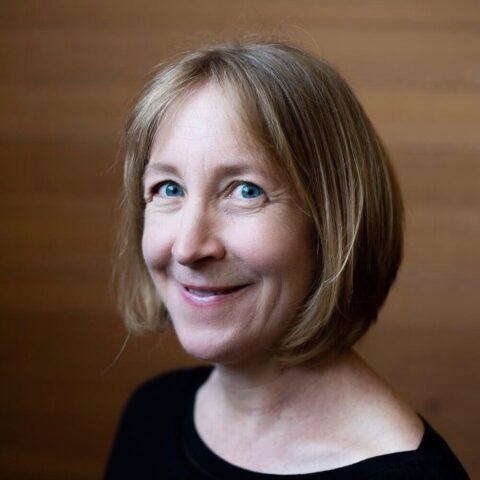
Continuing Lecturer
Jennifer Kahn
Jennifer Kahn is a contributing writer for the New York Times Magazine, and has been a regular feature writer for The New Yorker, National Geographic, and Wired, among others. Her work has been selected for the Best American Science Writing series four times, and has explored subjects ranging from the "rational self-help" movement in Silicon valley, to the challenge of identifying and treating child psychopaths. Since 2009, she has taught in the Magazine Program at the UC Berkeley Graduate School of Journalism, and was a visiting Ferris Professor of Journalism at Princeton in 2015. Her 2016 TED talk on CRISPR and gene drives has been viewed more than 1.4 million times, and was named one of the top TED talks of 2016 by conference organizers.
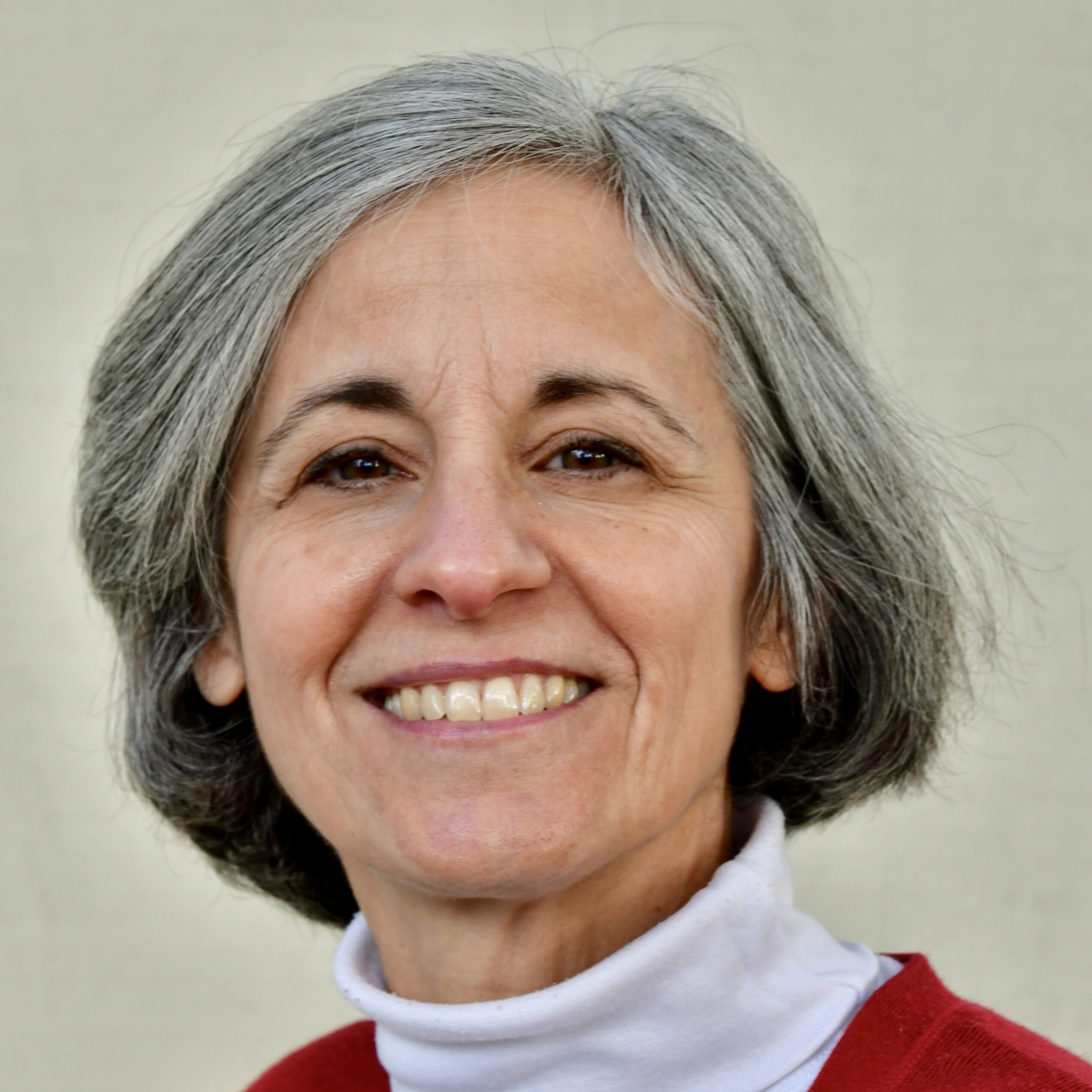
Continuing Lecturer
Christine Schiavo
Christine Schiavo has spent 30 years in the trenches of local journalism and seen its struggles firsthand: layoffs at The Philadelphia Inquirer, the loss of nearly the entire copy desk at The Morning Call in Allentown, Pennsylvania, and the permanent closure of that paper’s newsroom last year. But even as staff and resources shrank and her workload increased, she never soured on local news. In fact, her passion for community journalism prompted her to move cross country earlier this year to become the Investigative Reporting Program’s local news editor. In this newly created role, Schiavo spearheads year-round coverage of Berkeley Journalism’s two local news sites: Richmond Confidential and Oakland North. (Both sites are traditionally dormant in the spring and summer when J200, the introductory reporting class, is not in session.) Since January, under her leadership, dozens of new stories have been published on those sites, including: a four-part series about Richmond Mayor Tom Butt’s business dealings by Aaron Leathley (’21), an investigation into soaring overtime pay at the Oakland Police Department by Noah Baustin (’22), and a video about a missing Richmond teen by In Jeong Kim (’22) that has generated more than 17,000 views.
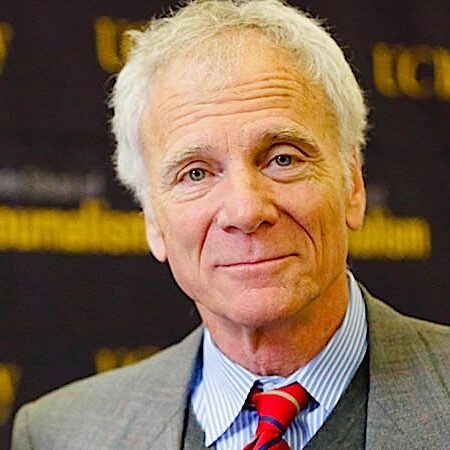
Professor
Ed Wasserman
Edward Wasserman, professor of journalism, was dean of the Graduate School of Journalism from 2013 to 2020. Before coming to Berkeley he spent a decade as the John S. and James L. Knight Foundation professor of journalism ethics at Washington and Lee University, home of the nation’s first college-level journalism program. During his seven years as dean, the School raised record philanthropic support, increased its enrollment by nearly 20 percent, established an advisory board of some of the country’s most distinguished journalists, rebuilt the library into a media-enabled conference space, and brought in new leadership to revitalize the Investigative Reporting Program. The School also reintroduced undergraduate journalism training for the first time in 40 years by creating a journalism minor, created an audio journalism track and modernized the audio studios, and established the Berkeley Advanced Media Institute, providing high-level skills training to non-degree students. From 2001 to 2016 he wrote a biweekly column for Knight-Ridder and later McClatchy that was distributed nationally. Wasserman’s journalism career spanned 30 years. Wasserman received a B.A. cum laude in politics and economics from Yale, a licence in philosophy from the University of Paris I, and a Ph.D. from the London School of Economics, where his thesis was on the politics of innovation in communications technology.
Narrative Writing
Alumni Testimonials
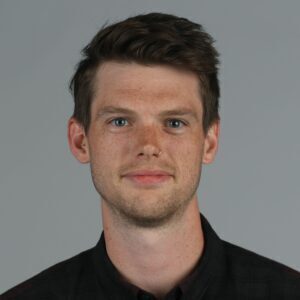
Reis Thebault ('18)
West Coast Correspondent, The Washington Post
"...Elevated my career to a new level...
Berkeley's journalism program elevated my career to a new level. The J-School has it all: A faculty of award-winning journalists at the top of their game; diverse course offerings that allow, say, a narrative writer to go deep on data analysis; and an alumni network full of pros who are as well-connected as they are kind. For me, Berkeley was a springboard to internships and a full-time job, and it was a place where I forged lifelong connections with my tremendously talented peers. I'm so grateful for my time there.
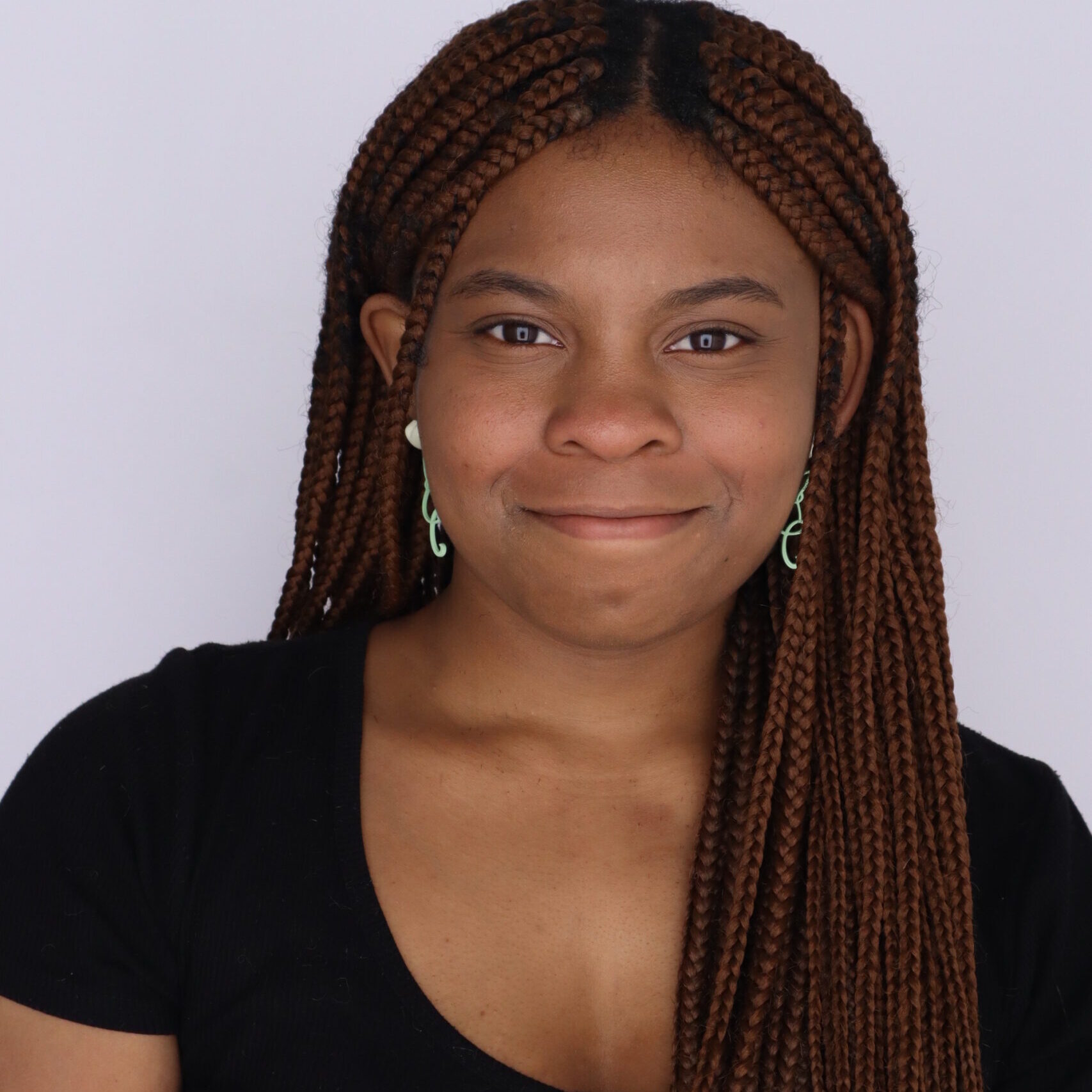
Nadia Rae Nathan ('24)
"...scaffolding to do compelling, high-quality reporting"
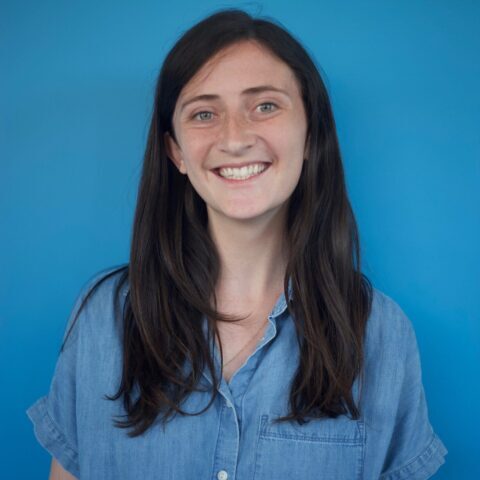
Susie Neilson ('19)
"I have my dream job now"
Come to the J-school for its incredibly cool classes - Earth journalism, book-writing, data reporting - but stay for the network of peers and professors you'll build. I made some of my best friends through the program, and over the years we've continued to trust and rely upon each other as we navigate this risky, rewarding career. Case in point: I have my dream job now thanks to a referral from a Berkeley friend.
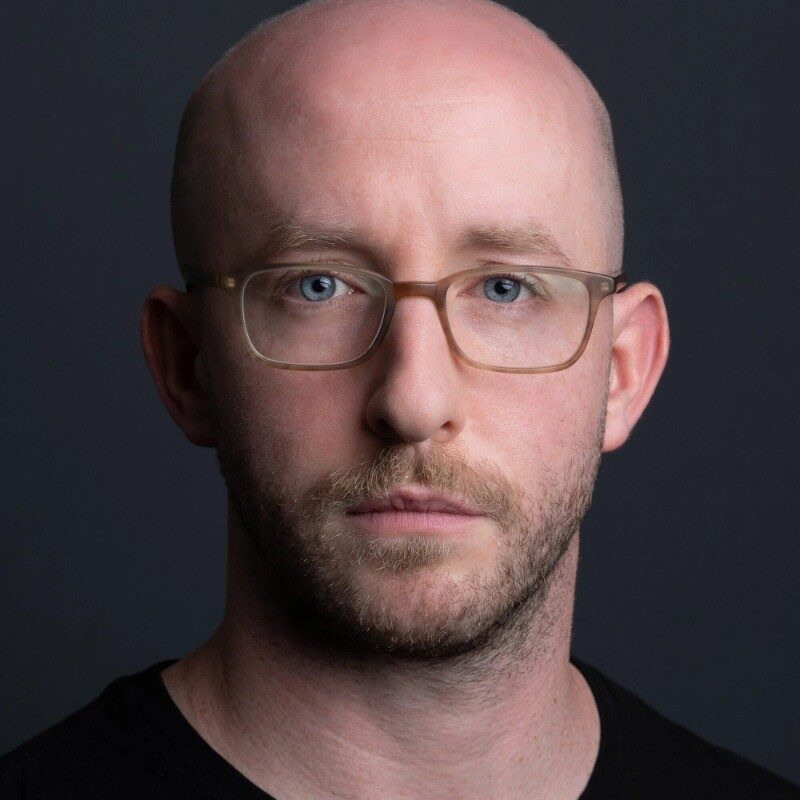
Brett Murphy ('16)
"...helped open doors"
I wouldn't be where I am today without Berkeley Journalism and the Investigative Reporting Program. It was where I first learned how to pry public records from the government, reach taciturn sources and shape ambitious stories that hold power to account. The veteran reporters on staff became some of my closest industry mentors and colleagues. They helped open doors for me I may never have found otherwise.
Our narrative graduates are in high demand at news outlets

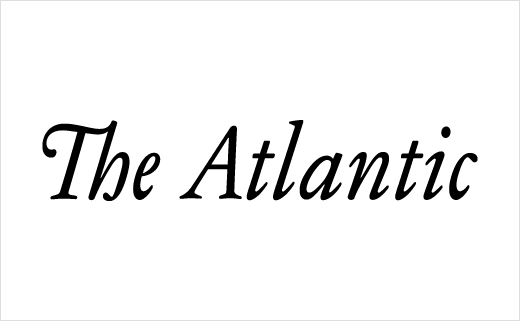

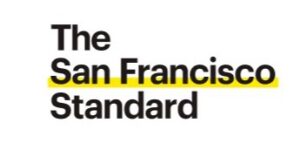
Narrative Writing
Award Winning Work
The clearest demonstration of the success of our program is the achievements of our students and graduates, who have won numerous national awards for their work.
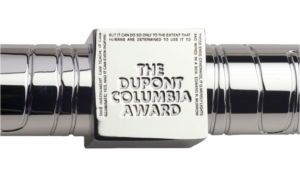
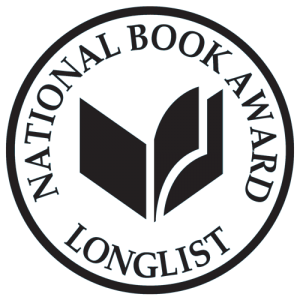
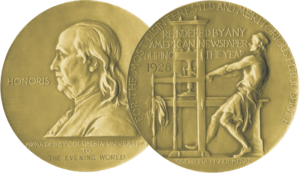
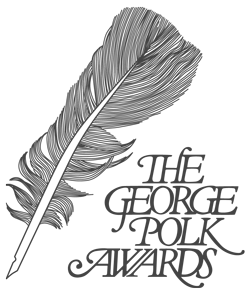

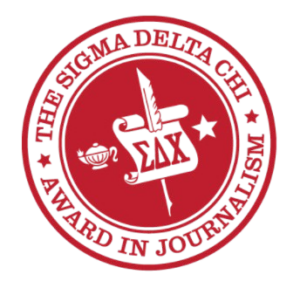
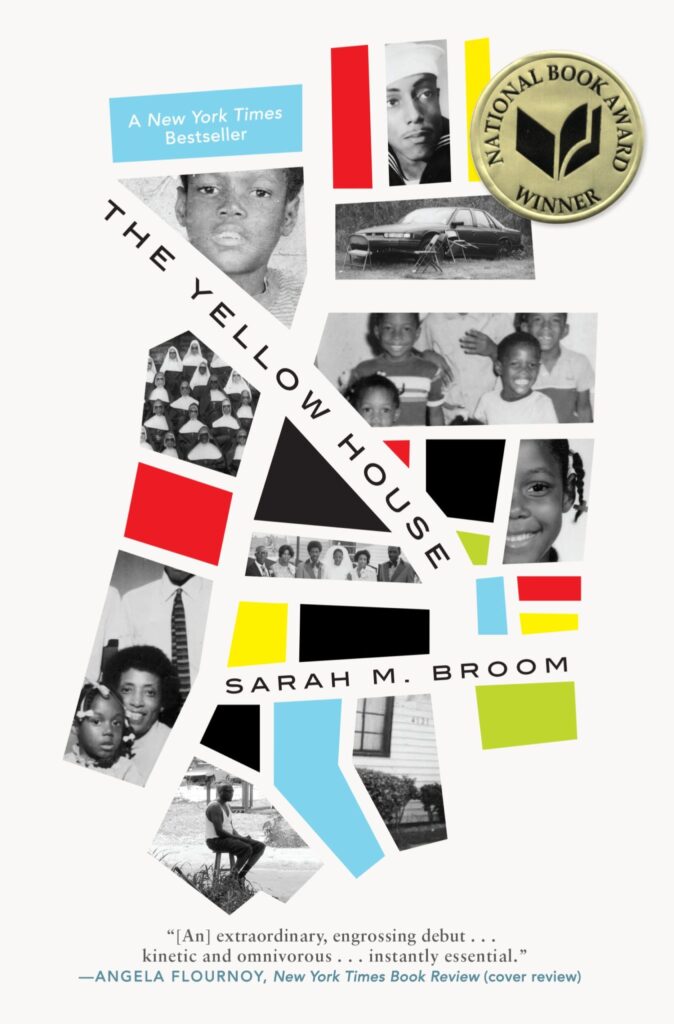
Sarah M. Broom’s (’04) The Yellow House wins National Book Award for Nonfiction
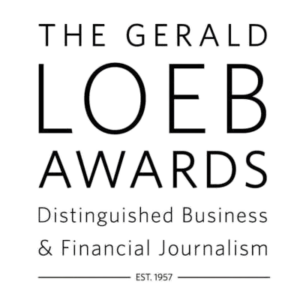
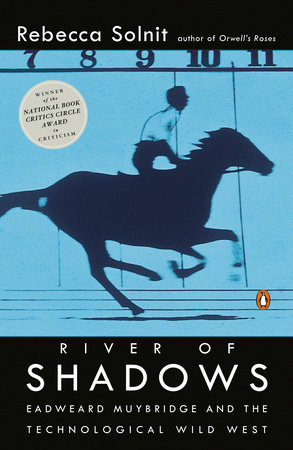
Rebecca Solnit's (’84) River of Shadows: Eadweard Muybridge and the Technological Wild West wins the National Book Critics Circle Award for Criticism, The Mark Lynton History Prize, and the Sally Hacker Prize for the History of Technology.
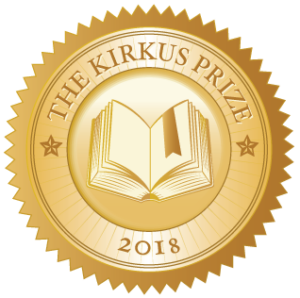
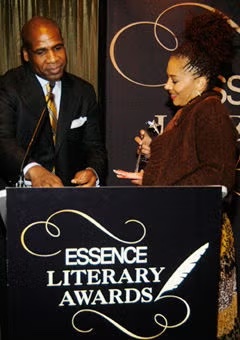
Terry McMillan (’77) honored with the Essence Lifetime Achievement Award in 2008.
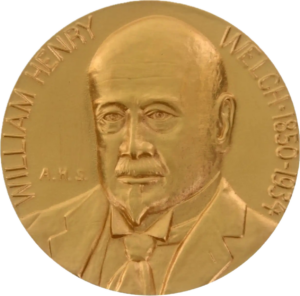
Narrative Writing
Curriculum
Narrative Writing
Frequently Asked Questions
Contact Us
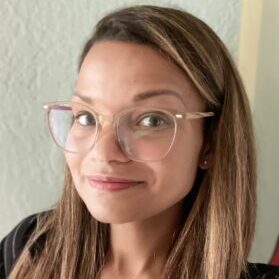
Director of Admissions
Nelly Provencal-Dayle
journalism_admissions@berkeley.edu
(510) 643-0167
Would you like to speak with someone directly? Let's talk. Our admissions team is here to help.

